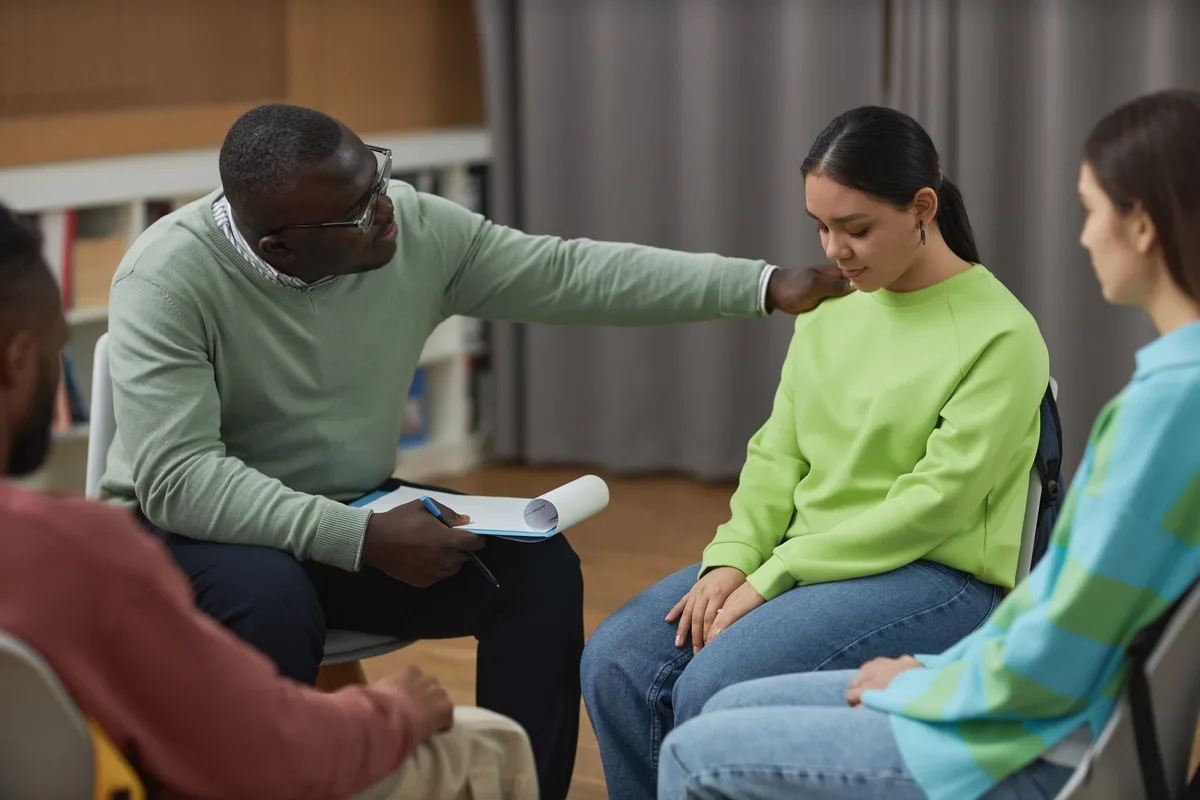is a crucial aspect of mental health and addiction recovery in the community of Lake Park, Georgia. PTSD, or Post-Traumatic Stress Disorder, affects many individuals, especially veterans, survivors of abuse, natural disasters, or violence, leading to debilitating symptoms that severely impact daily life. PTSD Treatment rehab centers in Lake Park focus on healing these invisible wounds through tailored therapeutic approaches. The centers report success in treating PTSD alongside co-occurring substance use disorders, recognizing the intricate relationship between trauma and addiction. To maximize recovery outcomes, they employ a combination of evidence-based therapies, including cognitive-behavioral therapy, eye movement desensitization and reprocessing (EMDR), and mindfulness practices. As the understanding of PTSD and its ramifications grows, the significance of rehab centers has become apparent, providing a supportive haven for those seeking help. Historically, Lake Park's PTSD Treatment rehab centers have emerged in response to the increasing acknowledgment of mental health needs, making a substantive difference in the lives of individuals across the United States. By fostering a nurturing environment, these centers empower patients, helping them rebuild their lives and regain the quality of life they deserve. This comprehensive overview emphasizes the importance of PTSD Treatment rehab centers in Lake Park, encouraging further exploration into the available resources.
Learn more about PTSD Treatment centers in Lake Park














































